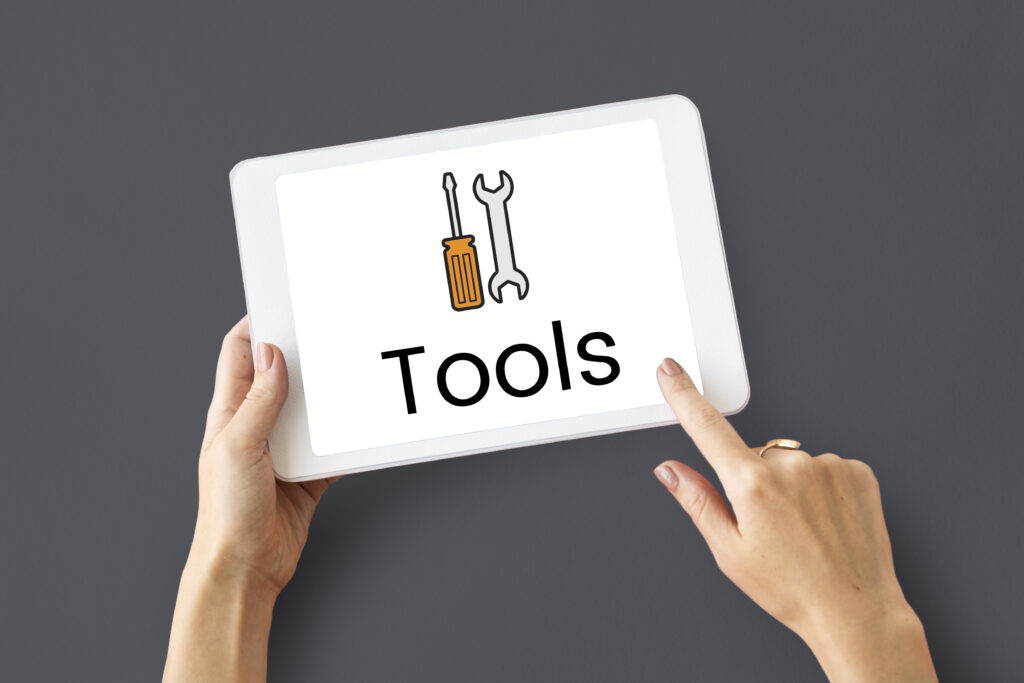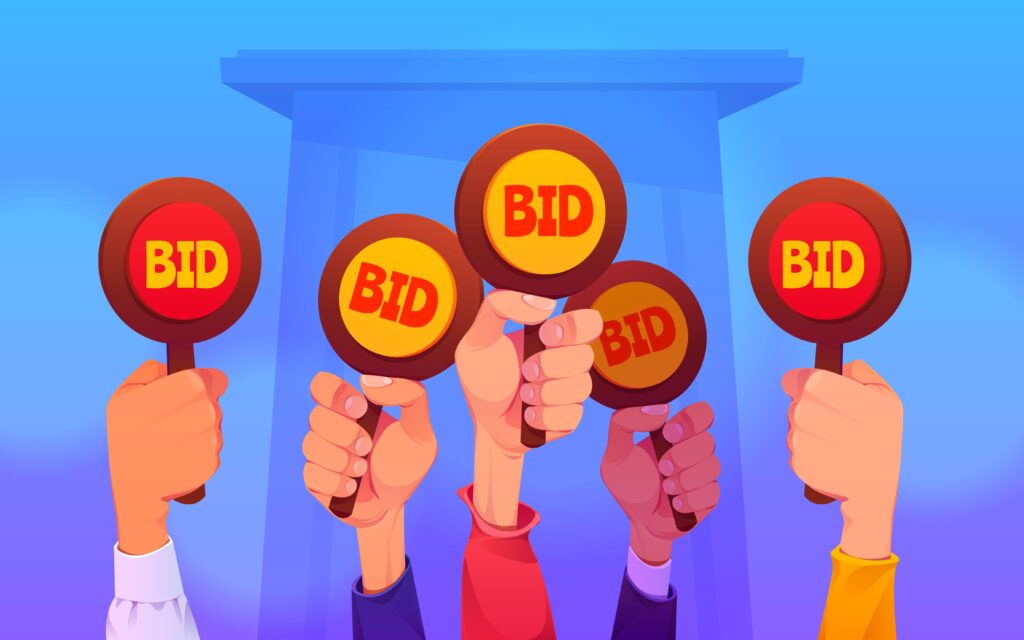Make Sure You Have The Right Staff
It is vitally important that government contractors have skilled accounting staff to ensure that the company complies with all policy regulations. The company must have adequate policies and procedures to prevent mistakes, especially for their timely discovery and correction. This helps cut down on exposure to accounting errors that jeopardize contractors, inaccurate data, incorrect data entry into the system, or errors in the performance of internal accounting processes.
Make Sure You Are Organized

Having solid financial records and a clear thought out process goes a long way to impress government agencies that you can handle the job. It presents a professional demeanor that is quite impressive.
The Key To Winning A Government Contract Is To Pay Attention To Guidelines
You must read closely what the request for proposals or RFPs wants in your bid. Make sure that you are aware of deadlines and who is handling the requests. Usually, small businesses have 6 to 8 weeks to submit a bid but this can vary, depending on the agency.
Make Use Of Government-Provided Free Tools.

You can identify contracting opportunities online by utilizing tools such as this forecasting tool that lets you see what opportunities are available. You can study the government contracts that are a couple of years old to see what requirements are needed to win the job. This puts you in an excellent position to have all your research completed when the contract is about to expire and you put in your proposal.
Bidding

The government usually makes sure contracts are competitive through the use of sealed bidding. First, the agency makes sure that its requirements are accurate and complete. Then an Invitation For Bid or IFB is issued. The IFB will describe the type of product or service that is being procured by the government. It also includes:
- Preparation Instructions
- Conditions of Purchase
- Packaging
- Delivery
- shipping
- The payment with contract clauses to be included
- Submission Deadline
The sealed bids are opened in public at the purchasing office at the time designated in the invitation.
The bids are read aloud and then recorded. The contract will be rewarded to the bidder who has the most competitive pricing and can meet the government agency’s requirements.
Government-wide IFBs can be found at FedBizOpps which provides a direct link to the invitation. Potential contractors can search the Central Contractor Registration to identify qualified small business opportunities. Any small business that wants to sell to the government should be registered on CCR.
Simplified Procedures
In 1994 the Federal Acquisition Act or FASA simplified the buying procedures of the government.
Many of the more harsh restrictions on government purchases were removed for any purchase that was less than $100,000. Now agencies used much simpler procedures for analyzing and soliciting bids up to the $100,000 amount. However, the government is still required to advertise all purchases over $25,000 at www.fbo.gov.
These simplified procedures mean that approval levels are lower, there is much less documentation, and administrative details are not as complex. The government now has to reserve purchases that are between $2,500 and $100,000 for small businesses. The exception is the contracting officer cannot obtain offers from two or more small businesses that are competitive on price and quality
Purchases that do not exceed $2,500 individually or through the combination of multiple items are considered micro-purchases. These do not require competitive quotes but are not limited to small businesses. Micro-purchases are often made using government-issued purchase cards or typical credit cards.
Consolidated Purchasing Programs
Just like any other organization, the federal government has common purchasing needs such as petroleum products, carpets, furniture, perishable goods, and standard office supplies.
For this reason, it made sense to centralize the purchasing of various types of common products and services.
Some new procurement models for acquisition include multi-agency contracts and government-wide acquisition contracts or GWACs. These types of contracts help obtain long-term vendor agreements with fewer vendors. The GWACs have become very popular because they allow government buyers to quickly fill requirements by issuing orders against existing contracts or schedules without starting a new procurement action from scratch. Agencies can now competitively award several or multiple task order contracts to different firms for the same products and services. This practice allows federal buyers to issue orders to anyone or a combination of several firms with relative ease.
Government Contracts Can Be Very Lucrative For Small Businesses
The United States government issues 500 billion dollars in federal contracts every year. They also set aside 23 billion dollars specifically for small businesses. However, many small businesses find the process of winning government contracts daunting and give up before even really trying.
To do any business with the federal government, you must register your business in the System for Award Management directory. The government will not hire any type of business (large or small) that has not registered in the SAM directory.
Please read one of the helpful blog articles on our site like Everything You Need to Know About SAM for Small Businesses. These blogs will help give you all the information you need to understand how we can help make the process very easy for you. Sam Directory will happily guide you through this often confusing process.
Sam Directory will guide you through the process of writing a successful government contract proposal. We are invested in your success and want to help you succeed in winning a lucrative federal contract.
What Do I Need To Register For The Sam Directory?
You will need the following :
- A Data Universal Numbering System or DUNS from Dun and Bradstreet
- Your Tax Identification Number or TIN
- A Social Security Number if you are a Sole Proprietor.
What Is A DUNS Number?
The Data Universal Numbering System—or D-U-N-S number—was created and copyrighted in 1962 by Dun & Bradstreet. It is a unique nine-digit identifier that has become the standard numbering system to identify businesses across the globe. You can compare the DUNS number as a social security number for your business.
Any contracting opportunity within the System for Award Management (SAM) will require a DUNS number.
CAGE Code (Commercial and Government Entity)
This code is five characters and unique to your business. It’s your ID code, and government agencies will identify your business using this code. It is a bit like a social security number for your business. If your business includes more than one facility, then you will need multiple CAGE codes. Each location must have its unique code, and each location must be registered separately with SAM.